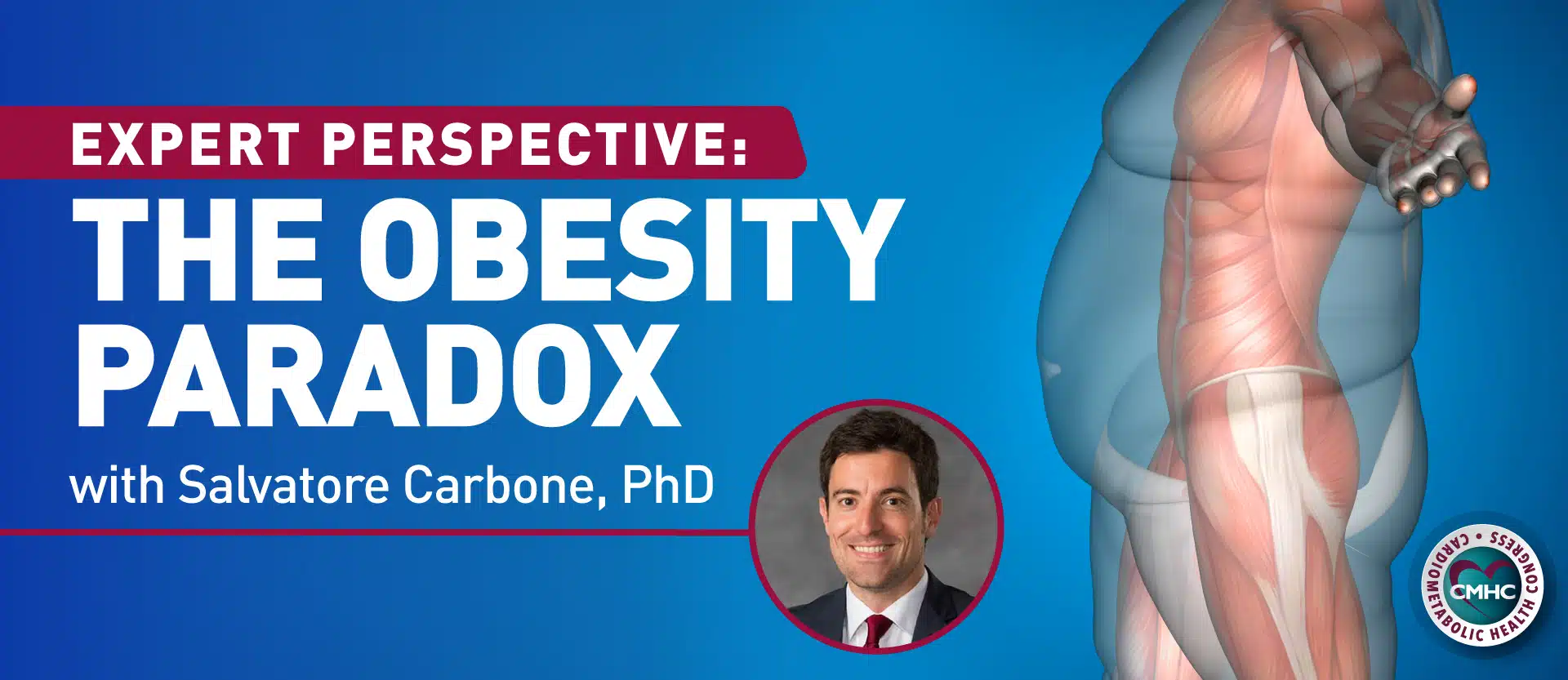A new study, published in the American Journal of Clinical Nutrition, has indicated two biomarkers that can predict the efficacy of certain diets for weight loss: specifically, for people with prediabetes or diabetes.
Through an analysis of over 1,200 adults, researchers discovered that a person’s fasting blood glucose levels, fasting insulin levels, or both, could pinpoint which diets would most likely lead to weight loss. These biomarkers were particularly effective in determining which diets were best for people with pre-diabetes and diabetes.
Each year, millions of us go on diets in an attempt to lose weight, but not all of us succeed. A new study has uncovered two biomarkers that could predict how effective certain diets will be for weight loss, particularly for people with prediabetes or diabetes.
Statistics from the American Diabetes Association indicate that approximately 29.1 million people in the Untied States have diabetes; estimates show that around 75 million people have pre-diabetes, yet almost 90% remain unaware. Type 2 diabetes is the most common form of the condition: the body is unable to effectively use the hormone insulin, which causes high blood glucose levels. For people with prediabetes, blood glucose levels remain higher than normal—yet not high enough to lead to a diagnosis of diabetes.
The researchers in the study believe that a person’s fasting blood glucose and insulin levels could be utilized to help identify the most effective diet for weight loss, after analyzing the data of three dietary clinical trials: the Diet, Obesity, and Genes trial, the OPUS Supermarket intervention (SHOPUS), and the Nutrient-gene interactions in human obesity (NUGENOB) trial. The subjects were all overweight; the researchers evaluated and assessed their fasting blood glucose levels, and fasting insulin levels, in order to determine whether the levels were associated with weight loss in response to certain diets.
These results symbolize a kind of breakthrough in personalized nutrition: among adults with prediabetes, the team found that a diet rich in whole grains, vegetables, and fruits was the most effective for weight loss. For example, in the SHOPUS trial, adults with prediabetes who followed a diet high in the aforementioned foods lost more weight than those who followed a controlled diet. For people with type 2 diabetes, the researchers found that a diet rich in plant-based, “healthy” fats, and low in carbohydrates, was most effective for weight loss.
The team reported that adding participants’ fasting insulin levels to the analysis further strengthened the identified correlations between diet and weight loss, confirming the hypothesis that fasting blood glucose and fasting insulin levels may be biomarkers for weight loss.

















